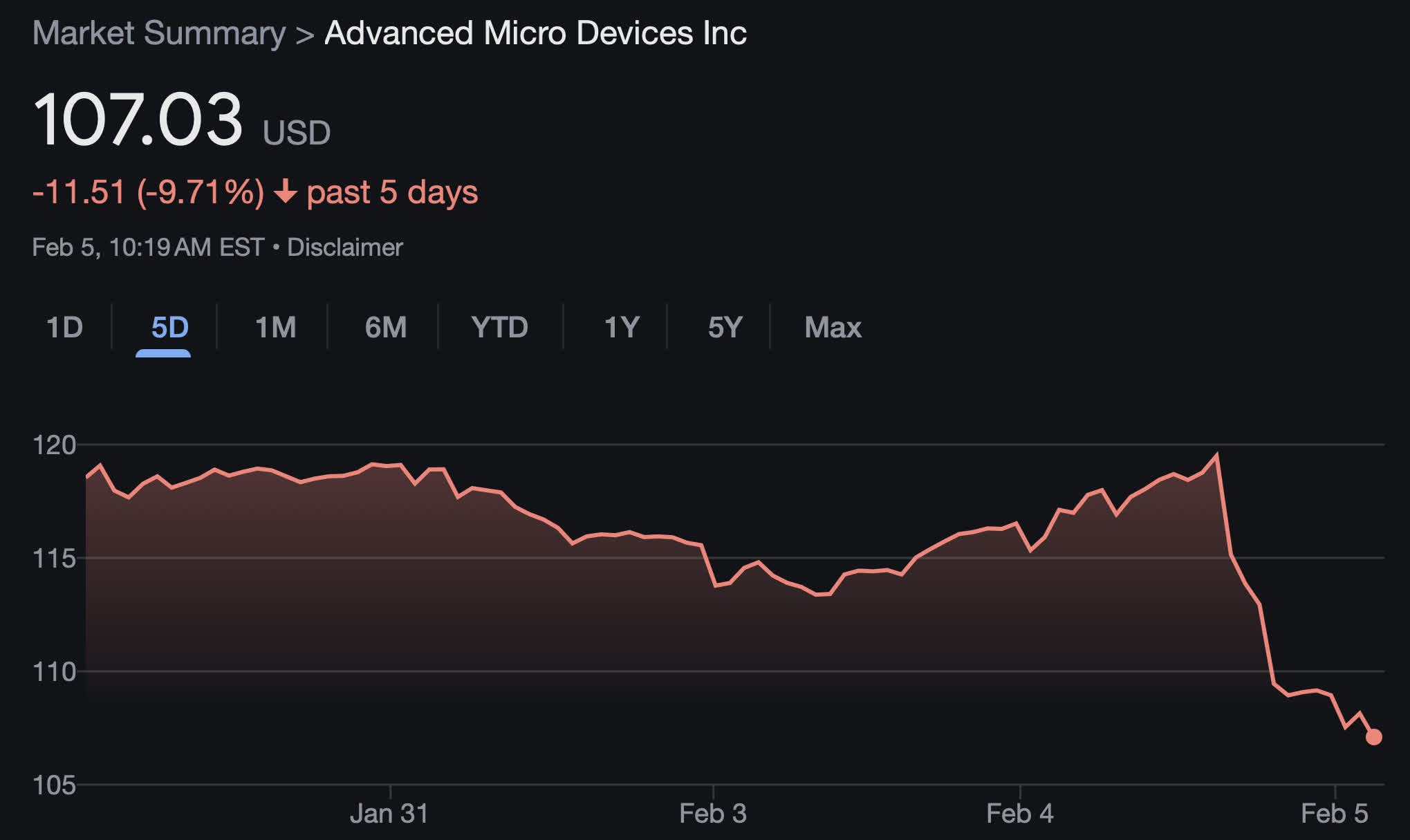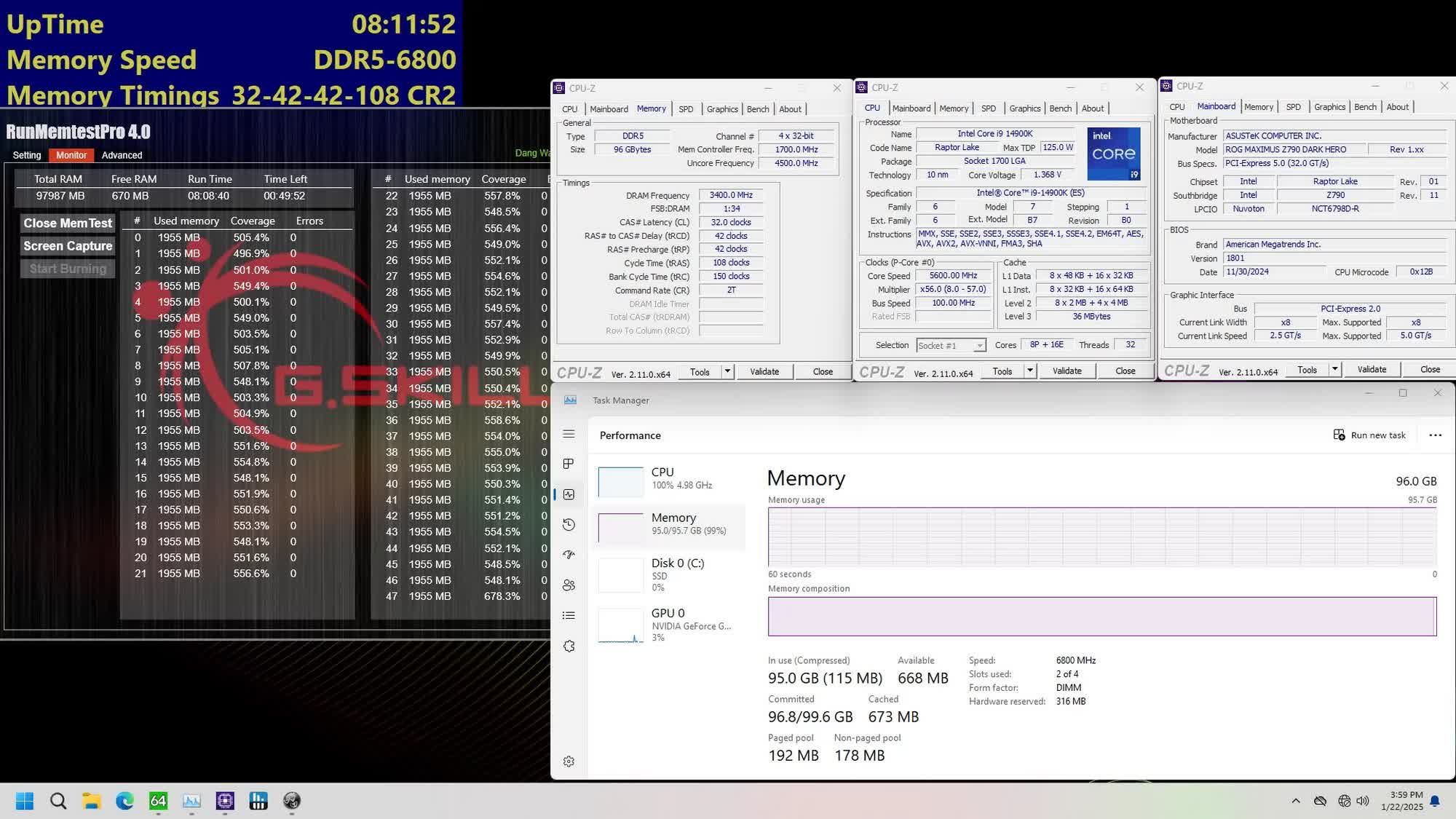www.forbes.com
Sam Altman announced the $500 billion Stargate initiative at the White House last month, with a plan to build the world's largest AI infrastructure project.Copyright 2025 The Associated Press. All rights reserved.Stargate, the $500 billion effort to secure American AI supremacy for perpetuity backed by OpenAIs Sam Altman and SoftBank founder Masa Son, among others, will require a gargantuan amount of energy to power it. As it happens, Altman and Son are backing a startup that says it can provide it.Its a fusion energy company called Helion that recently raised $425 million in a funding round led by SoftBank. Prior to that it banked $375 million from Altman, who serves as Helions chairman. It was the single largest investment check the AI billionaire has written so far. And Microsoft, a Stargate partner, was the first company to contract with Helion for a fusion power plant by 2028 a timeline that has some physicists skeptical.Stargate has not yet selected an energy partner, though it is considering a few, a person familiar with the effort told Forbes. Last week, OpenAI issued a call on its behalf for proposals for large contiguous power footprints in the United States. OpenAI said it would select contracts by early April. The company did not respond to a comment request.Helions CEO David Kirtley declined to comment on whether it was pursuing a contract with Stargate, though he noted it would be a great customer. We founded Helion to provide this base load, industrial scale, clean power, and that's exactly perfect for data centers, he told Forbes. We would be perfect for a project like it, referencing Stargate.Microsoft and SoftBank declined to comment.Stargate is President Trumps most ambitious AI announcement yet, a private partnership with plans to build massive data centers to support the worlds largest AI infrastructure project. Chipmakers ARM and NVIDIA have been named alongside Oracle as technology partners, while OpenAI is in charge of its operations. SoftBank, whose CEO Masayoshi Son is Stargates chairman, is responsible for raising funding. This is the beginning of a golden age, Son said at the White House press conference announcing Stargate.The project has faced early hurdles: Elon Musk openly split with Trump on the day of its announcement, questioning whether its backers had enough money to fund the project. Then, the obscure Chinese startup DeepSeek revealed a powerful open-source AI model it claimed to have developed with just $5 million raising questions about the need for an effort like Stargate.Regardless, the power question is increasingly urgent. It's unclear how an already taxed American power grid can continue to support an exploding number of data centers, let alone one of Stargates megacenters. Its first in Abilene, Texas, is expected to demand enough energy to power a small city.Venture capital-backed Helion, which launched 12 years ago and has yet to generate revenue, hopes to build a fusion reactor that can produce energy that is carbon-free, and nearly limitless. Its among at least half a dozen companies angling to solve the same problem, including two backed by Bill Gates: Commonwealth Fusion Systems, which has raised almost $2 billion, and Zap Energy which has raised more than $300 million.But none of them have come close to doing that yet. And scientific consensus suggests it will be at least a decade before they do if not more. I am very skeptical, as a nuclear engineer, that any fusion company can bring electricity to the grid reliably by 2028, said Brian Wirth, a nuclear scientist with the University of Tennessee, Knoxville. Of Helion, he said that while the companys technology is elegant, it has not yet said publicly how they would build it, let alone scale it.Kirtley said thats all in the works. Helions seventh generation prototype, Polaris, is up and running, he said, and if its testing is successful, the company claims it will be the first machine to generate electricity from fusion. For folks that haven't been part of the Helion journey or seen the data, or been a part of the technology, we expect there to be skepticism, Kirtley said. We build machines that do fusion and have repeatedly shown that we can do it.There are other energy providers of course Altman is also the chairman of fission power company Oklo Inc. but none quite so financially aligned with Stargate than Helion. But time to market is an issue and Stargate will likely rely on natural gas power plants to power its data centers initially. Those can be built quickly, but also come with a large carbon footprint. Stargate is currently breaking ground on 10 buildings in Abilene, Texas, where Oracle is leasing data centers with the capacity for AI compute requirements. That site, which is expected to consume 200 megawatts of power, enough to power tens of thousands of homes, will be powered by natural gas turbines.Still, Altman, who visited Helions headquarters in Everett, Washington, on Monday, appears most bullish on Helion, which he has touted as by far the most promising approach to fusion Ive ever seen.












